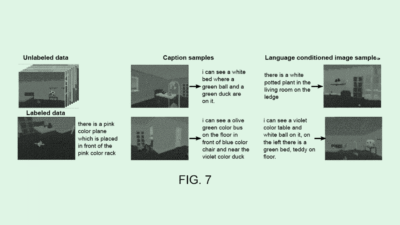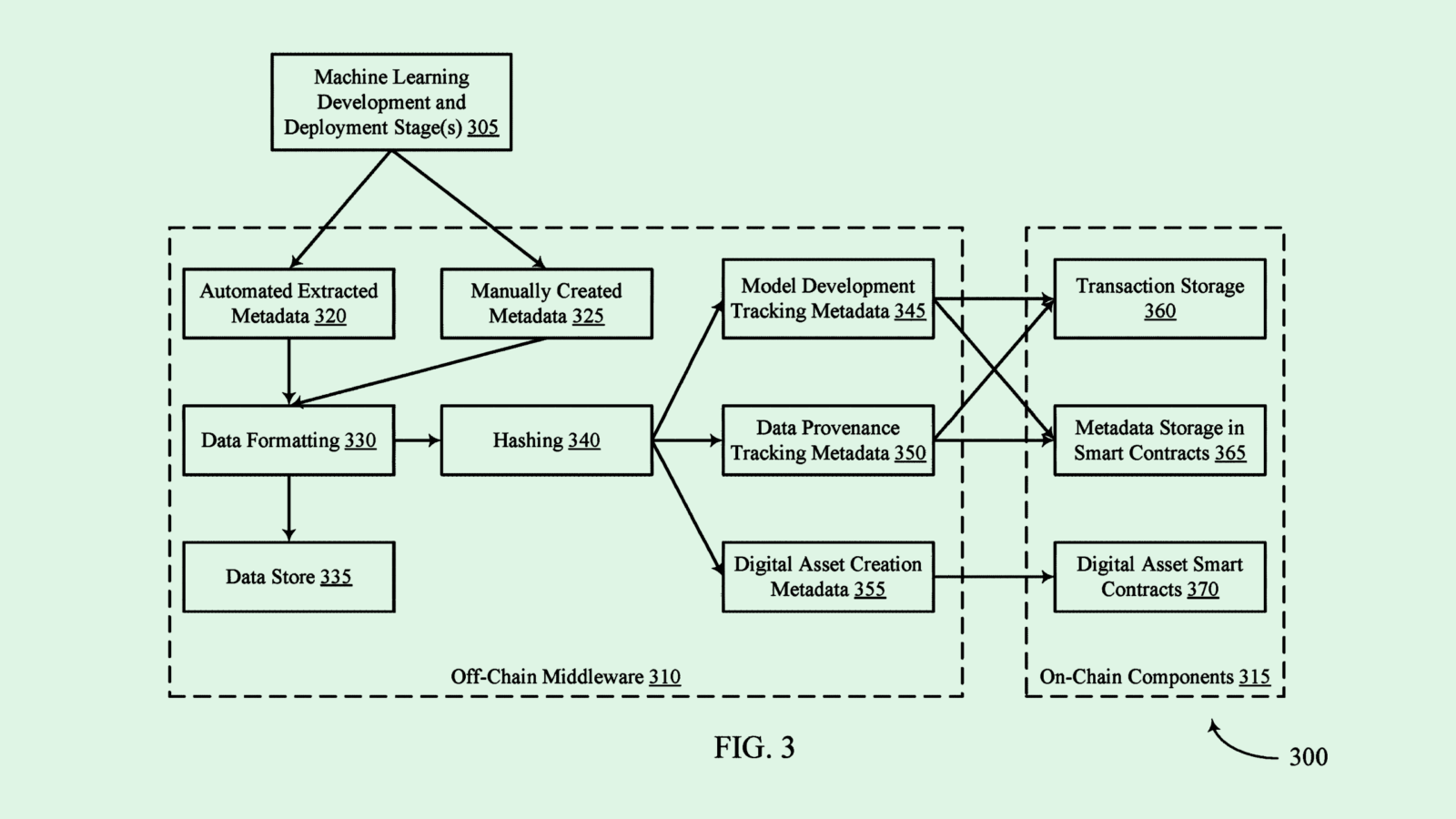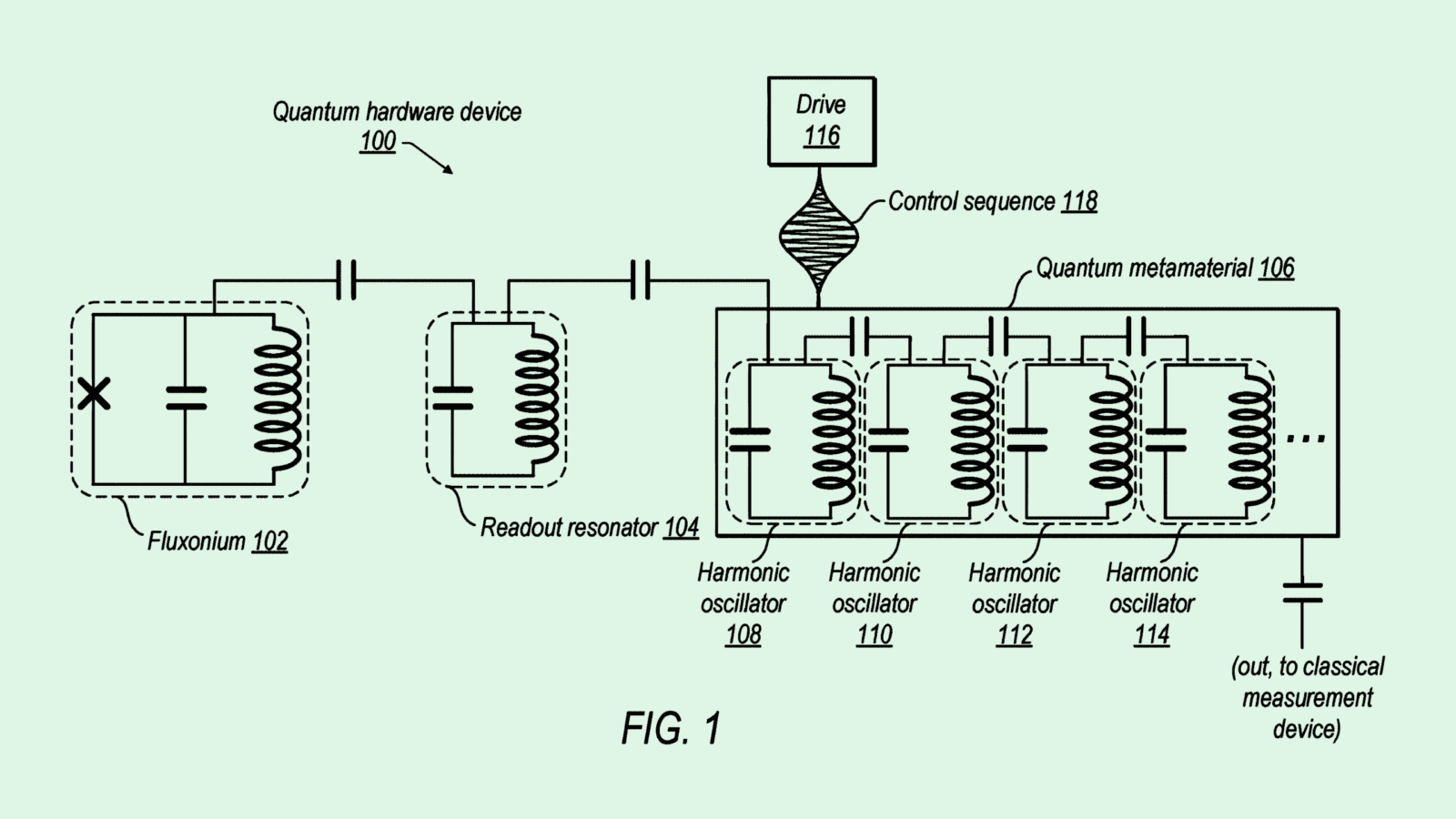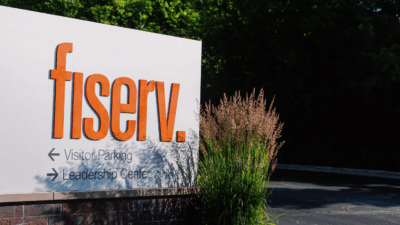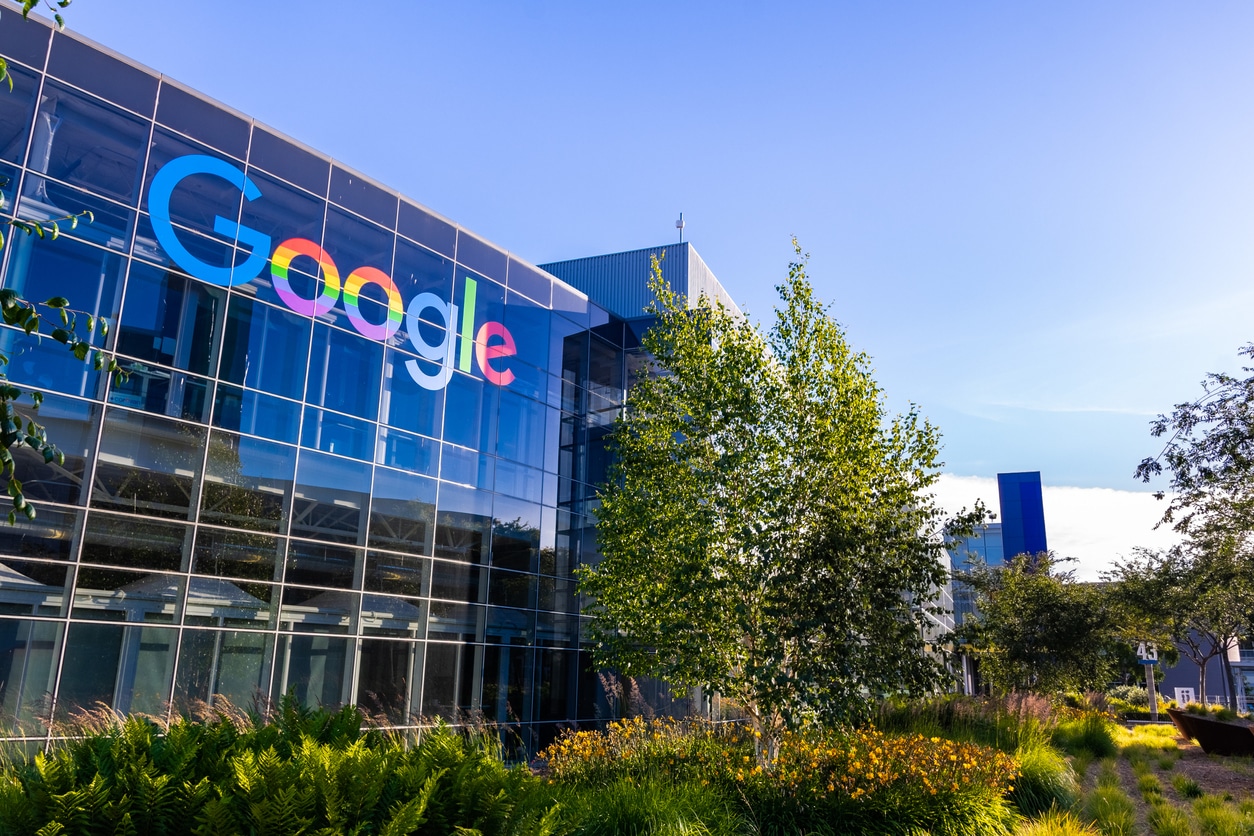
Sign up for smart news, insights, and analysis on the biggest financial stories of the day.
The end days seemed nearly upon fretting web advertisers and ad agencies. Google, whose Chrome app has 64.75% of the global browser market share, was set to turn off third-party cookies for good at the beginning of next year.
But on Thursday, Google announced that the “cookiepocalypse” — as it has come to be known by some — will be delayed until late 2023.
Not Such A Cookie-Cutter Approach
A cornerstone of the $336 billion digital ad market, advertisers use cookies to precision-target internet users. Google previously said it may be able to offer a privacy-friendly alternative to cookies, but the Silicon Valley giant now says it needs more time for testing:
- Google’s potential fix is a new software interface called Federated Learning of Cohorts (FLoC). It uses machine learning algorithms to sort people with similar browsing habits into large cohorts. Advertisers can target those groups (that comprise thousands of web users), but individual user data will never be shared.
- Another proposed solution is Unified ID 2.0, a joint initiative of several top ad tech firms that uses encrypted email addresses from consenting consumers. SaaS firm LiveRamp has developed an “Authenticated Traffic Solution” that helps brands and publishers tap into data and lets consumers opt in to take control of theirs.
Catch-22: Whatever cookie substitute takes hold, Google certainly stands to profit as more businesses flock to its first-party data tools. But if the firm stifles advertisers too much, regulators could lash out with antitrust grievances. And if Google plays fast and loose with user data, privacy advocates will call foul (much to the delight of rival Apple, lately marketing itself as a privacy-friendly alternative.)
Thin Ice: Thursday’s delay of the “cookiepocalypse” may be a result of regulators circling above. The EU this week announced an investigation into Google’s cookie removal plan, as part of a larger inquiry into the firm’s role in the ad market. And Google already pledged to give the UK’s competition authority 60 days’ notice before eliminating cookies, so the regulator can review the plan of action.

